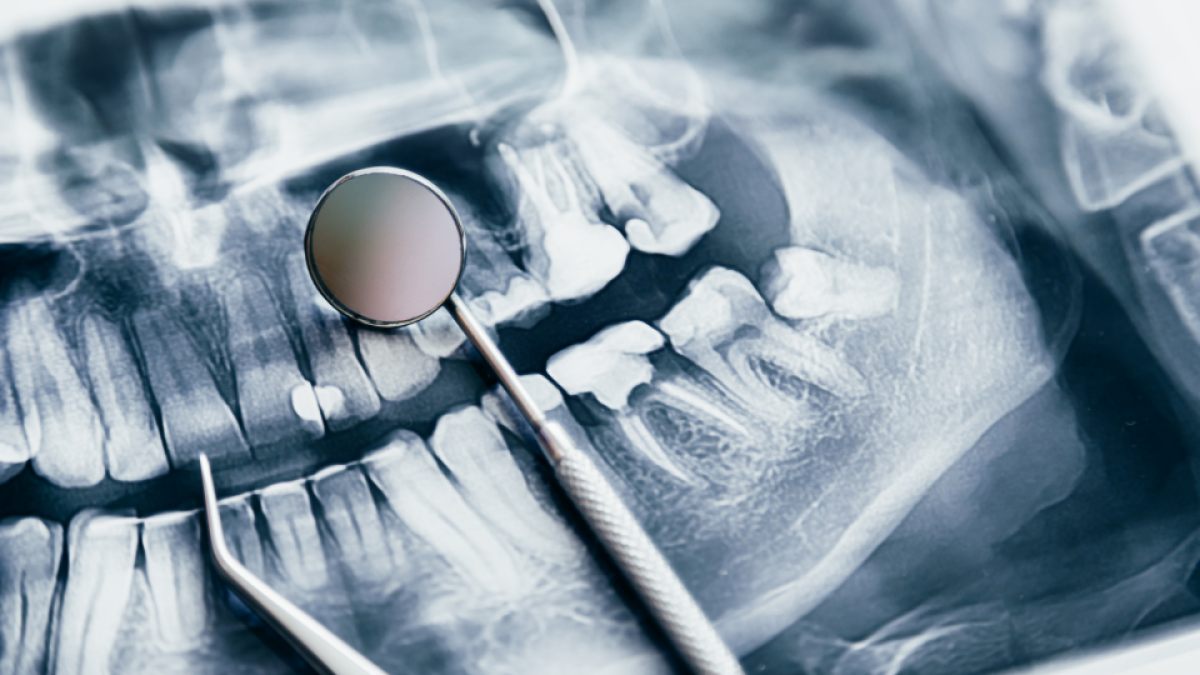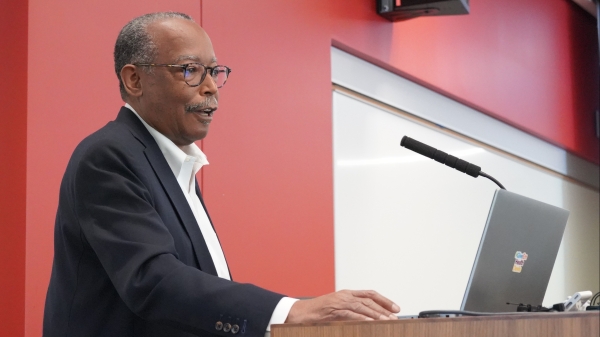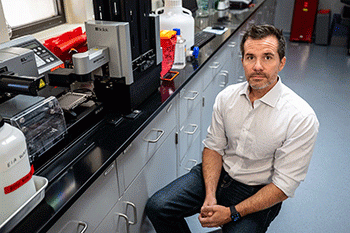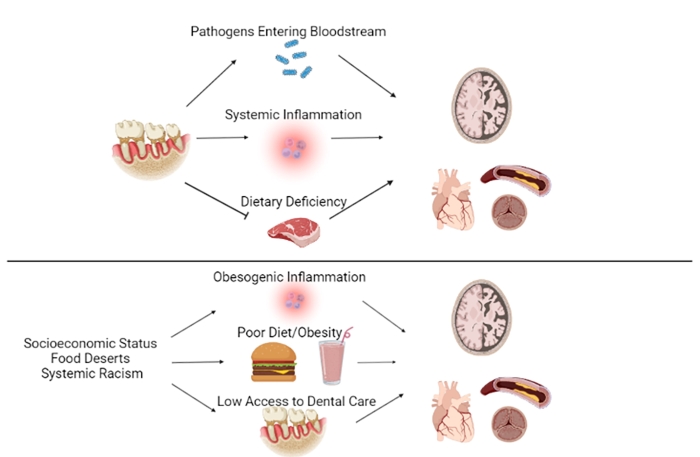New ASU research shows how poor oral health affects the heart, brain
Study focused on the Tsimane, an Indigenous population in the Bolivian Amazon

Image courtesy iStock/Getty Images
Healthy teeth, tooth loss, cavities and damaged teeth can give doctors and scientists information about other parts of our body.
That's what recent research out of Arizona State University confirmed in a study focusing on the Tsimane people, wherein evolutionary anthropologists and bioarchaeologists discovered that poor oral health is associated with higher levels of inflammation, smaller brain volumes (dementia) and aortic valve calcification (cardiovascular disease).
But how does poor oral health affect our hearts and brains exactly?
Evolutionary anthropologist Ben Trumble and colleagues believe it could happen several ways. For one, there could be bacteria entering the bloodstream causing the inflammation, which can lead to trouble chewing and poor nutrition.
Trumble, an associate professor in Arizona State University’s School of Human Evolution and Social Change, the Institute of Human Origins, and the Center for Evolution and Medicine, explained why the study focused on the Tsimane, an Indigenous population in the Bolivian Amazon.
“In the United States, people living in low socioeconomic status conditions often are at higher risk for both chronic diseases of aging and of not having access to dental insurance or good dental care,” Trumble said.
“People living in low socioeconomic conditions often don’t have access to inexpensive healthy food, safe places to exercise or have time to cook at home and workout. These structural barriers make it more likely for individuals to have both high rates of chronic diseases like cardiovascular disease compared to the rest of the population, but also to have poor dental health,” he said.
“In the United States, it is very difficult to disentangle the role of oral health in chronic disease. The Tsimane have far less of a socioeconomic gradient and very little access to modern dentistry. This makes it possible to examine associations between oral health and chronic disease without confounding social factors.”
Trumble and his colleagues at the Tsimane Health and Life History Project have worked with the Tsimane for over 20 years. The relationship is not helicopter research. The project has brought access to health care to this subsistence population and led to numerous discoveries about heart health, dementia, brain volume and now oral health.
Trumble explained the research on oral health actually came from a request by the Tsimane to get access to dental care.
“In order to apply for future grants, and to ask the various Bolivian health agencies for help, we had to first collect preliminary data to show that there is a major unmet need for dental care in this population, and that it has important impacts for health,” Trumble said.
“Because of this study, we have increased awareness of the associations between oral health and chronic disease in the U.S., and we also have started working with local Bolivian dentists to provide dental care to the Tsimane in the coming months.
Trumble worked with two world-class dental researchers on this project: Gary Schwartz, professor and evolutionary anthropologist, and Christopher Stojanowski, professor and bioarchaeologist — both at the School of Human Evolution and Social Change.
Schwartz has spent his career on something most of us only think about twice a day, when we brush.
“Teeth contain within them an entire history of your life, with markers that reveal when you were born, as well as when key events in your early life occurred, like bouts of sickness for instance,” he said. “They really are a phenomenal window in our biology and health.”
“What was really amazing about this project was how clearly it revealed connections among oral health, cardiac health and cognitive health. What is especially relevant about this study is that these connections — in particular the connection between oral and cardiac health — hold true even in a population that are known to have minimal levels of cardiovascular disease and dementia,” Schwartz said.
“It turns out that, while the eyes may be the windows to the soul, the teeth are windows to the heart and brain,” he said.
The article “Poor Oral Health Is Associated With Inflammation, Aortic Valve Calcification, and Brain Volume Among Forager-Farmers” was published in The Journals of Gerontology, Series A: Biological Sciences and Medical Sciences.
More Health and medicine

First exchange student for Biodesign Institute Europe bridges labs 5,000 miles apart
This spring semester, Grace Colley traveled to Arizona State University and became the first student to participate in the Biodesign Institute Europe student exchange program. In doing so, she helped…

College of Health Solutions hosts visit from leading expert in genomic research
Some fortunate Arizona State University faculty, staff and students were able to gain valuable insights and perspective during a visit by one of the country’s leading figures in health and scientific…

Indigenous ASU research team recommends assistance for tribal members still reeling from COVID-19’s effects
When Matt Ignacio’s tribe, the Tohono O’odham Nation, donated $1 million to Arizona State University to support COVID-19 research, he applied for some of the money to understand and report any…

